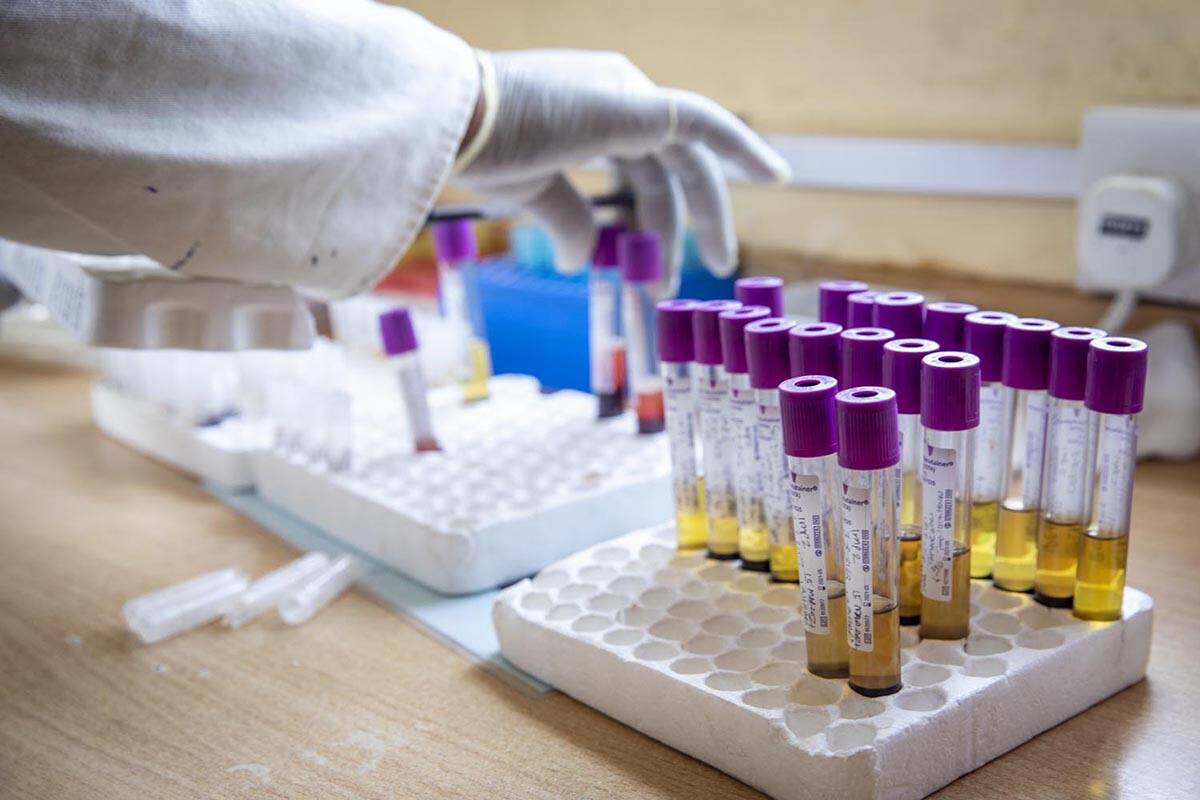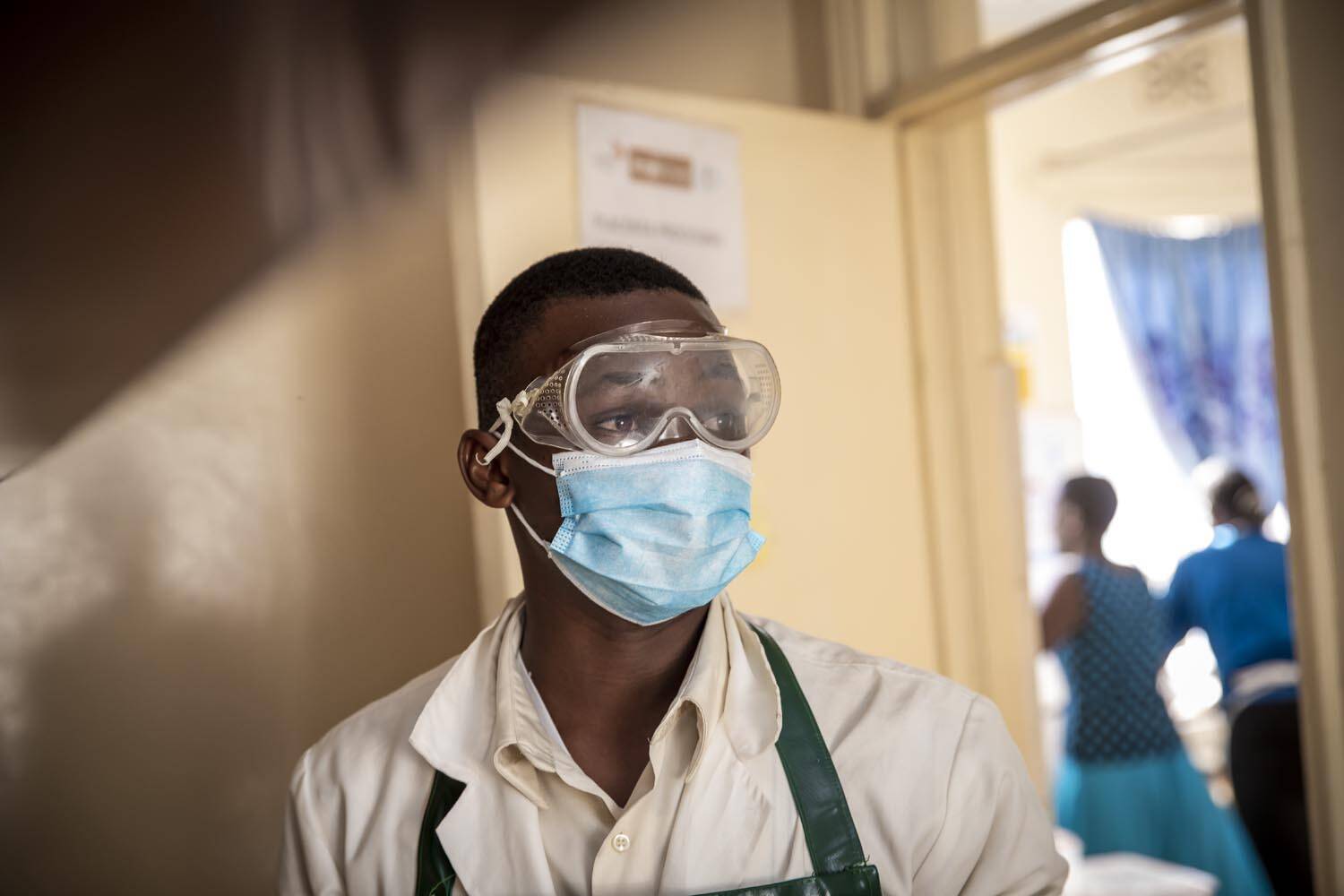
scroll down
Former EDCTP Career Development Fellow Dr Gerald Mboowa is utilising skills in pathogen genomics to address the health challenges of sub-Saharan Africa.

Dr Mboowa has become a leading figure in the application of pathogen genomics in sub-Saharan Africa. He was a co-author on a Cell paper highlighting opportunities for greater use of pathogen genome data in Africa, if key barriers can be overcome. He has also highlighted the potential benefits of wastewater surveillance for tracking infectious disease threats in Africa.
Dr Mboowa is a member of the African Pathogen Genomics Initiative, set up to expand use of genome sequencing in pathogen surveillance. He spent time as an Implementation Science Expert in Bioinformatics at the Africa Centre for Disease Control and Prevention (Africa CDC). After that, he took up a position at the world-leading Broad Institute at the USA, where he is working on potential new genomic tools to address sub-Saharan Africa health challenges, including pipelines for genome sequence analysis to track antimicrobial resistance and HIV drug resistance.
He also supports genomics, bioinformatics and data science training programmes at the African Centers of Excellence in Bioinformatics and Data-intensive Sciences (ACE) and at Makerere University, Uganda.
In his EDCTP fellowship project, begun in 2020, Dr Gerald Mboowa used an innovative new technology, ‘shotgun metagenomics’, to investigate possible causes of fevers in HIV-positive children with negative malaria test results (non-malaria febrile illness). Shotgun metagenomics involves the sequencing of all microbes in a patient sample, to identify possible causes of disease.
To apply this new approach, Dr Mboowa collaborated with the US Chan Zetterberg Biohub in San Francisco, USA. His analyses of stool and blood samples identified multiple possible causes of non-malaria febrile illness in Ugandan children – nearly 200 bacterial and parasitic pathogens were identified in samples from 144 patients. Given this diversity, targeted approaches to identify specific parasites are unlikely to be feasible. Although not yet established in Africa, shotgun metagenomics might be an alternative way to identify causes of disease and ensure patients receive the most appropriate treatment.
Leveraging the power of pathogen genomics